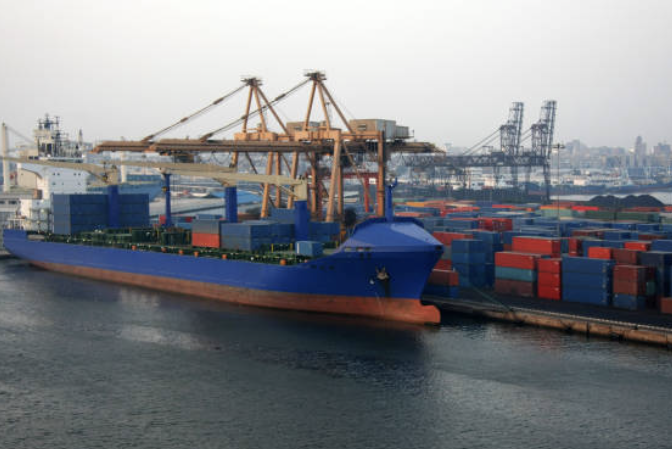Importing roll forming machines into Egypt involves navigating a range of logistics, compliance, and regulatory considerations.
1. Understanding Import Regulations
- Import License: In Egypt, businesses must obtain an import license. This is issued by the General Organization for Export and Import Control (GOEIC).
- Customs Tariffs: Roll forming machines may be subject to specific tariffs and import duties. The tariff rate can vary depending on the machine type and its intended use, so it’s essential to check with Egypt’s Customs Authority for accurate classifications and rates.
- Prohibited and Restricted Goods: Some machinery and equipment are restricted or require special permissions. Ensure that roll forming machines are compliant with Egypt’s import regulations.
2. Compliance and Documentation
- Bill of Lading: This document serves as proof of shipment and details the type, quantity, and destination of the machine.
- Commercial Invoice: It should include a detailed description of the machine, price, shipping terms, and any insurance details.
- Certificate of Origin: This document verifies the country of origin for the roll forming machine, which may affect tariff rates.
- Inspection Certificate: Egypt often requires an inspection certificate to ensure that machinery meets local standards. This inspection can be done at the exporting country's port or upon arrival in Egypt.
3. Quality Standards and Compliance with Egyptian Regulations
- Egypt has specific requirements for industrial equipment, especially concerning health, safety, and environmental impact. Machines should meet these standards, which may require some suppliers to make modifications to suit Egyptian regulations.
- Certain machines may need to meet electrical standards specific to Egypt. Consult with GOEIC for details on machinery standards.
4. Selecting the Right Shipping Method
- Container Shipping: Roll forming machines are typically heavy, making containerized shipping the most common method. A 20- or 40-foot container is often sufficient, depending on the size of the machine.
- Freight Forwarder Assistance: Due to the complexity of import logistics, many companies choose to work with freight forwarders. These experts can manage shipping, customs clearance, and delivery, ensuring a smoother process.
5. Customs Clearance
- Egypt’s customs process can be time-consuming, and inspections are often thorough. For machinery, the clearance process may include an inspection to verify the machine's condition and specifications.
- You may be required to provide an Arabic translation of key documents, which is often necessary for customs clearance.
6. Costs and Fees to Consider
- Import Duties and Taxes: Alongside tariffs, there are often additional costs, including value-added tax (VAT), which is typically around 14% for machinery imports.
- Storage Fees: If your machine undergoes a lengthy customs process, you may incur storage fees at the port.
- Freight Forwarder or Customs Broker Fees: While optional, these experts can save you time and ensure compliance, reducing potential fines or delays.
7. Insurance and Risk Management
- It’s highly recommended to insure your shipment against damage, theft, or delays. Insurance can be arranged through the shipping line or independently.
8. After-Import Requirements
- Installation and Testing: After clearing customs, you’ll need to set up and test the machine. In some cases, a technician from the manufacturer may need to assist with installation and training.
- Maintenance and Spare Parts: Ensure you have access to maintenance services or spare parts, as sourcing them locally can sometimes be challenging. Having an agreement with the supplier can be beneficial for ongoing support.
Summary Checklist
- Obtain an import license and check customs tariffs.
- Gather and prepare documentation: Bill of Lading, Commercial Invoice, Certificate of Origin, and Inspection Certificate.
- Ensure the machine meets Egyptian standards.
- Choose a reliable shipping method and consider working with a freight forwarder.
- Prepare for customs clearance and associated costs.
- Arrange insurance and plan for installation and ongoing maintenance.
This guide can help Egyptian businesses streamline the import process for roll forming machines, making it easier to meet local demand and comply with regulatory requirements.




